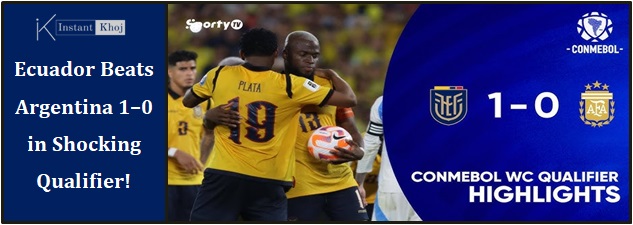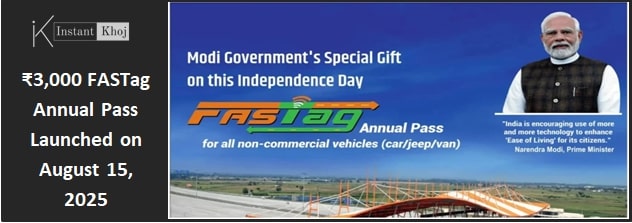What Happened
-
After India defeated Pakistan by 7 wickets in their Asia Cup 2025 Group A match on 14 September in Dubai, a customary handshake between the two teams and captains did not take place.
-
Neither did the captains, Suryakumar Yadav(India) and Salman Ali Agha(Pakistan), shake hands at the toss.
-
Post‑match, the Indian players reportedly walked off or returned to their dressing room without engaging in the handshake with Pakistani players. Pakistan’s side waited but the gesture didn’t happen.
Why It Happened
-
Political Context: India has cited recent political tensions and the Pahalgam terror attack(April 2025) as a backdrop. The Indian captain dedicated the win to the victims, and said that skipping the handshake was a gesture of solidarity with the affected families.
-
Match Referee’s Role: Some reports mention that match referee Andy Pycrofthad asked Pakistan captain Salman Ali Agha at the toss to avoid shaking hands with Suryakumar Yadav. It’s also reported that officials had agreed to allow India to skip post‑match handshakes. However, Pakistan’s side says they were not fully “informed” or comfortable with how things played out.
Reactions & Fallout
-
Pakistan‑based commentary, ex‑cricketers and officials, have criticized the gesture, calling it against the sportsmanship expected in cricket.
-
Shoaib Akhtar, a former Pakistani fast bowler, was particularly emotional, calling the action “disheartening” and urging not to mix politics with sport.
-
The Pakistan Cricket Board (PCB) lodged a formal protest with the Asian Cricket Council (ACC), saying that the conduct breached the spirit of the game and that certain protocols regarding handshake etc. were not followed.
Why Handshakes are a Big Deal
-
In cricket (and many sports), handshakes at the toss and after the match are traditions symbolizing respect, sportsmanship, and acknowledging the opponent.
-
Skipping them is often viewed as breaking etiquette — especially in high‑profile matches like India vs Pakistan, where the rivalry is both highly visible and emotionally charged.
Strategic Insights & What It Signals
What It Suggests | Possible Implications |
|---|---|
| Blurring of politics and sport | When political or social grievances influence norms of sportsmanship, it can lead to tension, both among players and fans. |
| Heightened nationalism | Rituals like handshakes become litmus tests of national sentiment or solidarity. |
| Pressure on governing bodies | Boards like BCCI, PCB, the ACC get caught in the crossfire — how they handle such issues will affect future relations and matches. |
| Fan reactions and media focus | Fans often react strongly, social media amplifies the symbolism. The no‑handshake becomes a bigger story than play at times. |
What People Are Saying
-
Some feel India’s action was justified given the recent events; others believe that sport should be a venue for unity and respect regardless of politics.
-
There’s criticism that skipping handshakes sends the wrong message, undermining the ideals of sportsmanship.
-
There are concerns about setting precedents: what happens in future matches? Will diplomatic or political tensions always affect how players behave?
What This Means Going Forward
-
This incident may influence future India‑Pakistan matches: more strict guidelines, referee instructions, possible interventions.
-
It could push for clearer communication between officials to avoid misunderstandings.
-
Emotions being high, it may affect player behaviour, crowd sentiments, broadcasting narrative, sponsorship image etc.
-
It could also lead to calls from cricket communities to preserve traditions, maintain that sport transcends politics.
Final Thoughts
The handshake controversy in the India vs Pakistan Asia Cup match is more than just a skipped ritual. It reflects how deeply intertwined sport and politics are in this rivalry. While India’s win was decisive on the field, the post‑match gestures (or lack thereof) have overshadowed the cricket for many.
At its core, sport can be a bridge, but only if respect is mutual. When symbolic actions like handshakes are missed, it shows how fragile that bridge can be. Whether this controversy remains a footnote or changes how future matches are conducted will depend on how players, boards, and fans choose to respond.




